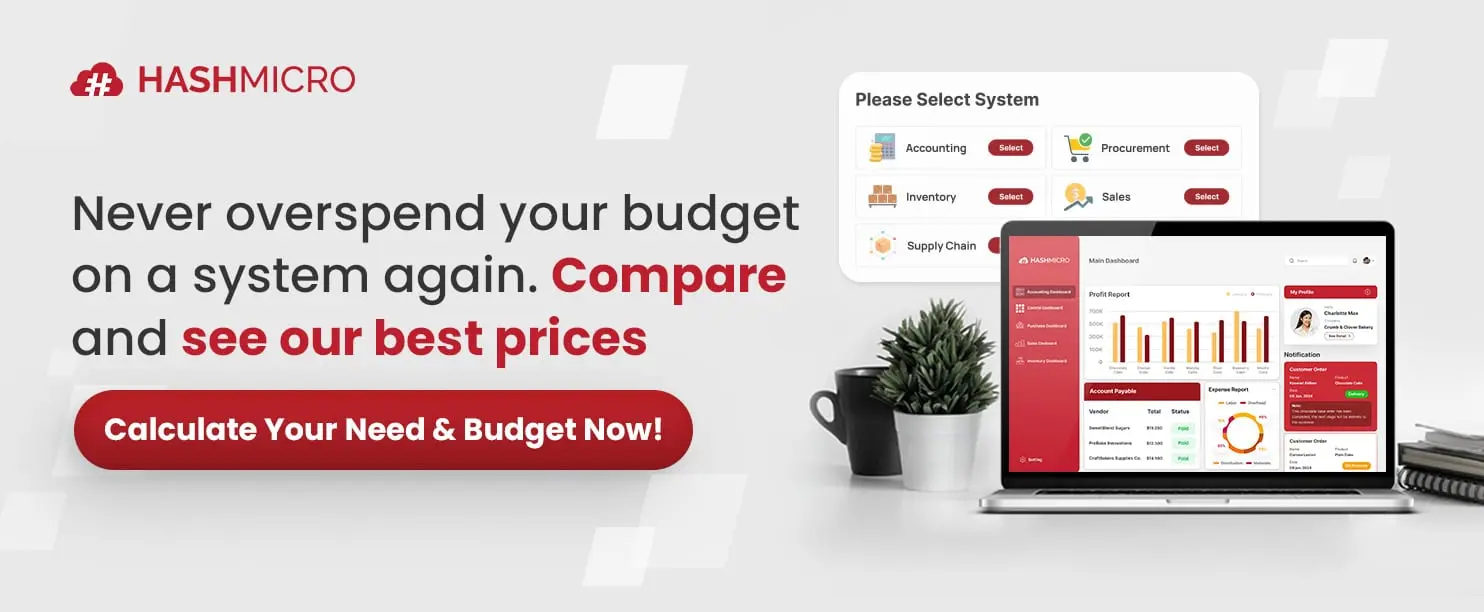Have you ever wondered how much time, money, and opportunities your business could lose due to inefficient freight operations? For many companies, logistics and transportation are among the supply chain’s most complex and often suboptimal parts.
Freight management offers a way to turn this challenge into a competitive advantage. By strategically planning, coordinating, and monitoring the movement of goods, businesses can reduce costs, improve delivery accuracy, and gain the visibility needed to make better decisions.
This article will discuss freight management, how it works, and why adopting the right system can transform your supply chain performance.
Key Takeaways
|

What is Freight Management?
Freight management is the strategic process of planning, coordinating, and controlling the transportation of goods throughout the supply chain.
This process encompasses every stage of the shipping journey including carrier selection, route optimization, cost control, scheduling, tracking, and compliance management.
By streamlining these processes and ensuring complete visibility, freight management enables businesses to reduce operational complexity, increase efficiency, and enhance overall customer satisfaction.
What is a Freight Management System (FMS)?
A Freight Management System (FMS) is a digital solution designed to help businesses manage, automate, and optimize their freight and logistics operations.
It provides a centralized platform where companies can plan shipments, compare carrier rates, schedule deliveries, track shipments in real time, and analyze transportation costs.
By integrating these functions into one system, an FMS enables businesses to gain complete visibility over their supply chain, reduce shipping errors, and make data-driven decisions that improve both operational efficiency and customer satisfaction.
Why is Freight Management Important For Your Business?
Efficient freight management is no longer a nice to have, it has become a strategic necessity for businesses looking to stay competitive in a rapidly evolving supply chain landscape.
By adopting a structured approach to managing freight operations, companies can unlock significant cost savings, improve customer satisfaction, and gain the agility needed to respond to market demands. Here are the key reasons why freight management matters for your business:
- Cost Efficiency: Freight management helps businesses reduce transportation costs through better route planning, carrier negotiations, and load optimization, leading to significant savings over time.
- Improved Delivery Performance: With real-time tracking and optimized scheduling, companies can ensure timely deliveries, minimize delays, and build stronger customer relationships.
- Enhanced Visibility and Control: Centralized freight data gives managers end-to-end visibility, enabling quick decision-making and proactive issue resolution.
- Risk Mitigation: Automated compliance checks and proactive monitoring reduce risks related to damaged goods, regulatory fines, and delivery disruptions.
- Scalability for Business Growth: A well-structured freight management system adapts as shipment volumes and operational complexity increase, supporting long-term growth without added inefficiencies.
Key Module of FMS
To maximize the value of a Freight Management System (FMS), businesses need to understand the core modules that drive operational efficiency and cost savings.
Each module is critical in streamlining logistics processes and creating a more connected, data-driven supply chain. Below are the key modules and their business impact:
- Automated Workflow Management: Centralizes all freight-related processes, from shipment booking to final billing, ensuring operational consistency and reducing manual errors across departments.
- Carrier Management: Provides a unified platform for evaluating and selecting carriers, maintaining relationships, and tracking shipments in real time to improve service quality and accountability.
- Rate Management: Consolidates rates from multiple carriers, enabling easy comparison and selection of the most cost-effective options. Many FMS solutions integrate directly with ERP systems for seamless financial management.
- Route Optimization: Uses advanced algorithms to calculate the most efficient routes, considering fuel costs, traffic patterns, and regulatory constraints to reduce delivery times and expenses.
- Real-Time Tracking and Visibility: This service offers GPS-enabled tracking and real-time updates, allowing businesses to make proactive decisions and respond quickly to potential delivery disruptions.
- Inventory Management: Synchronizes freight activities with warehouse systems to provide a unified view of inventory, minimizing the risk of stockouts or overstock situations.
- Billing and Invoice Management: This system automates invoicing from creation to settlement, ensuring accuracy and faster payments while tracking sea freight cost.

Transform Your Freight Management with HashMicro’s Advanced Solutions
HashMicro was founded in 2015 in Singapore to simplify complex business operations through automation and integrated systems. Starting as a completely independent company, HashMicro quickly gained market trust by providing leading companies with reliable ERP and delivery management solutions.
HashMicro partners with local companies and government agencies to accelerate digital transformation across the manufacturing, supply chain, and logistics industries.
HashMicro’s transportation management system offers scalable, AI-driven solutions that increase efficiency, enhance visibility, and reduce operational costs. Here are some of HashMicro’s features:
- Automated Shipment Planning: Plans shipments and assigns carriers automatically to save time and improve delivery efficiency.
- Carrier and Rate Management: Centralizes carrier data and rates, enabling quick comparisons and cost-effective decisions.
- Real-Time Tracking: Provides full shipment visibility with GPS tracking and instant status updates.
- Integrated Billing: Automates invoicing and payment processes to reduce errors and speed up financial workflows.
- Advanced Analytics: Delivers real-time dashboards for cost analysis, performance monitoring, and data-driven decisions.
- ERP Integration: Connects seamlessly with ERP and inventory systems for consistent, accurate data across operations.
Conclusion
Effective freight management is no longer just a logistics function; it has become a strategic driver for business growth. By optimizing shipment planning, improving visibility, and reducing operational costs, companies can build a more resilient and efficient supply chain.
HashMicro’s freight management system empowers businesses with automation, real-time insights, and seamless integration to transform complex logistics operations into a competitive advantage.
To explore how HashMicro can help your company streamline freight processes and achieve measurable ROI, request a free demo today and experience the benefits firsthand.

FAQ Freight Management
-
What are the four types of freight?
There are four major types of freight transportation available for shippers to use in the world of freight shipping. The primary ones are by ground (road), rail, ocean, and air.
-
What is freight vs shipping?
Unlike standard shipping, which focuses on smaller individual packages, freight involves the transportation of goods in larger volumes or sizes, typically using pallets, crates, or shipping containers. Moving large quantities of inventory from manufacturers to warehouses or distribution centers.
-
What is 5PL logistics?
The term 5PL or Fifth Party Logistics is still a new logistics term. A 5PL operator combines the transport and logistics services of a 3PL provider with the supply chain optimalisation of a 4PL provider. The 5PL operator takes this one step further and manages an entire network of supply chains for the client.


























